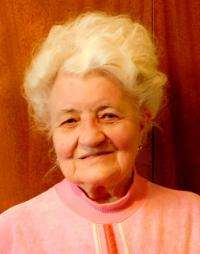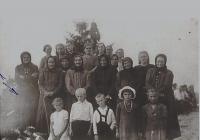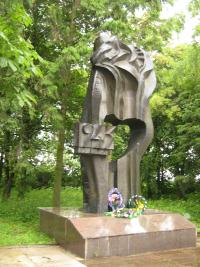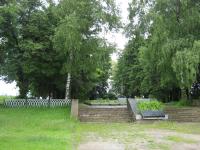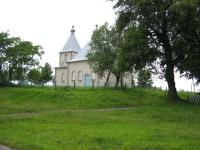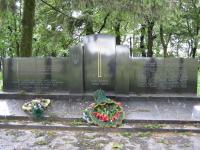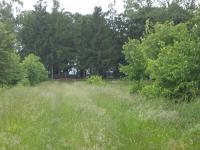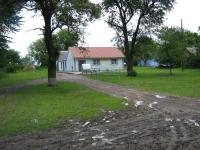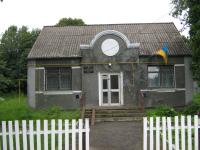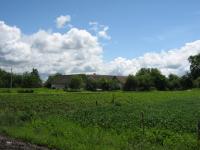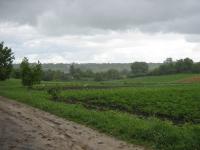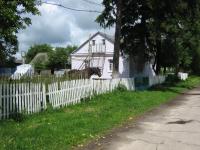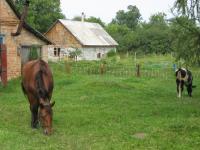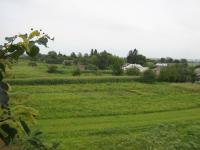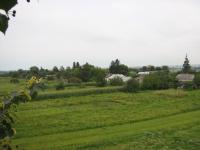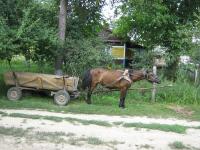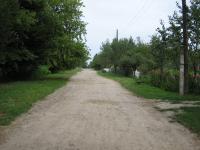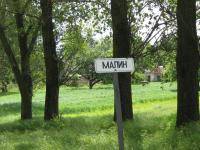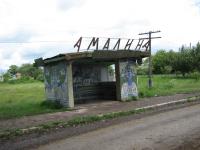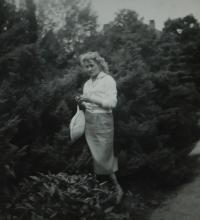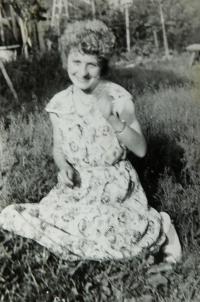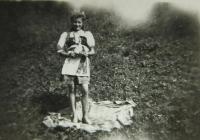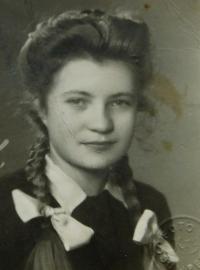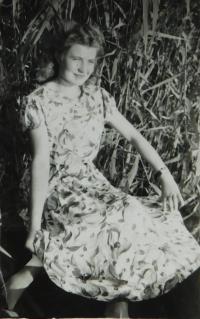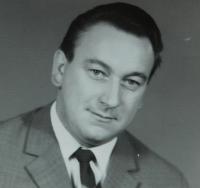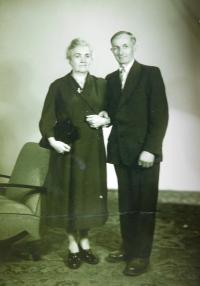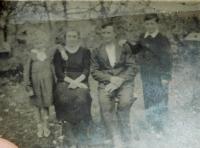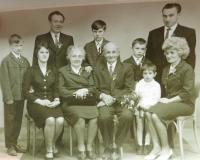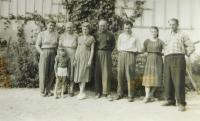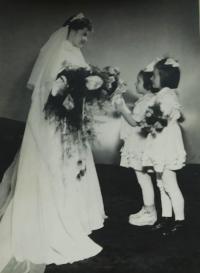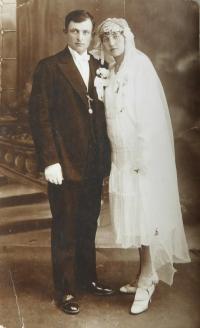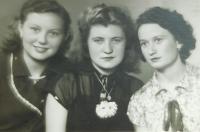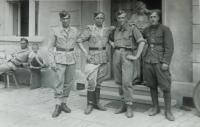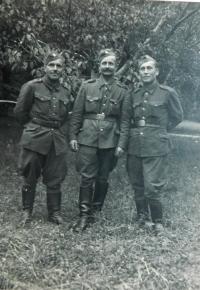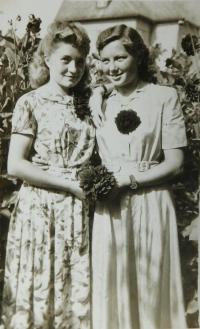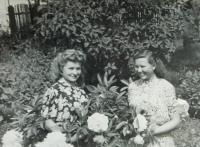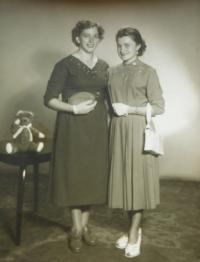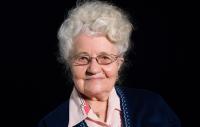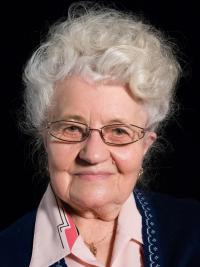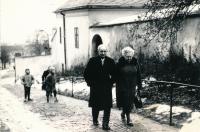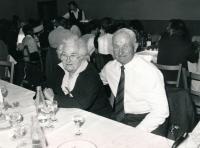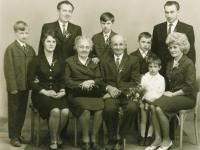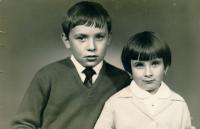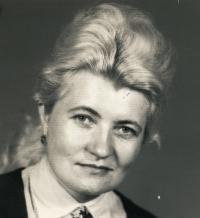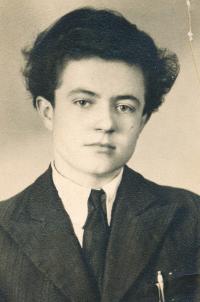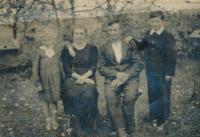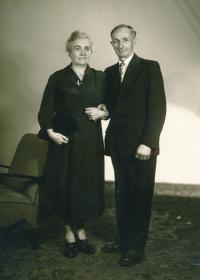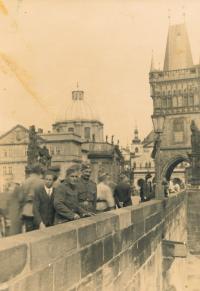In Czech Malin they killed almost their whole family

Stáhnout obrázek
Antonie Kašparová, née Šimková, was born on 25th June, 1935 in Zborov upon Volyn, nearby Czech Malin. There were her grandparents and several cousins of almost the same age. After occupation of Volyn by the German army the family was hiding a four-member Jewish family from nearby Ostrožec for four weeks. They saved their lives. As a child the witness spent majority of her summers in Czech Malin. During summer holidays 1943 she became too homesick so despite her grandparents urges, she decided to return back home. In the morning the next day, i.e. on 13th July, 1943, Czech Malin was surrounded by German soldiers and all hell broke loose in the village. They burned houses down and brutally killed 374 Czech citizens; amongst them also eight uncles and aunts of the witness, about fourteen cousins, some of which were less than ten years old. Also her grandparents died, who was left sitting on the bench after being shot down to pieces and little Antonie saw her with her own eyes two days after the tragedy. Until today that terrible picture has been coming back to her only too often. A part of the surviving relatives lived at the Šimeks in Zborov, before they found their own housing. Following the Soviet army arrival in 1944 her father entered the Czechoslovakian army troops and as part of its artillery battery he fought at the Dukla pass all the way back to Bohemia. In 1947 the whole family re-emigrated back to Czechoslovakia from Volyn and settled in Temenice near Šumperk. The witness was trained there to be a housewife and then attended an economy school; later she started working as an accountant in united agricultural cooperative Temenice. She married Jaroslav Kašpar, and had two children with him; Jaroslav and Miluše. Together with her husband she ran several restaurants until retirement. In 2016 she lived in Šumperk.
